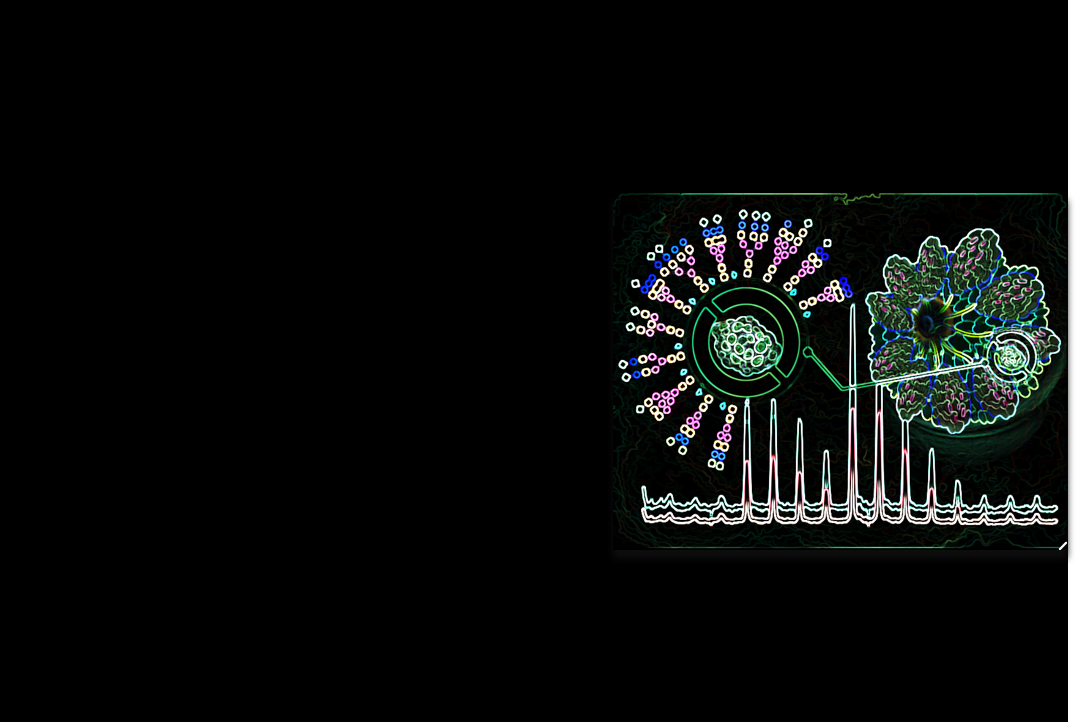Milk is a complex biological fluid, rich in essential nutrients crucial for the healthy development of infants. Beyond its nutritional value, milk confers various physiological benefits, including enhanced immunity and the establishment of a diverse gut microflora in newborns. The molecular composition of milk proteins plays a pivotal role in shaping their functional properties, influencing aspects like solubility, coagulation behaviour, thermal stability, and the overall nutritional attributes of milk. The antibacterial and antimicrobial properties of milk, its potential in auto-immune conditions, and its capacity to stimulate the immune system are primarily associated with milk whey proteins. Consequently, it becomes imperative to ascertain the glycosylation patterns of milk whey proteins.
Our goal is to profile the glycans in milk and other food products, such as honey and meat, not solely for structural characterization but also for their analytical categorization through the utilization of machine learning techniques.
